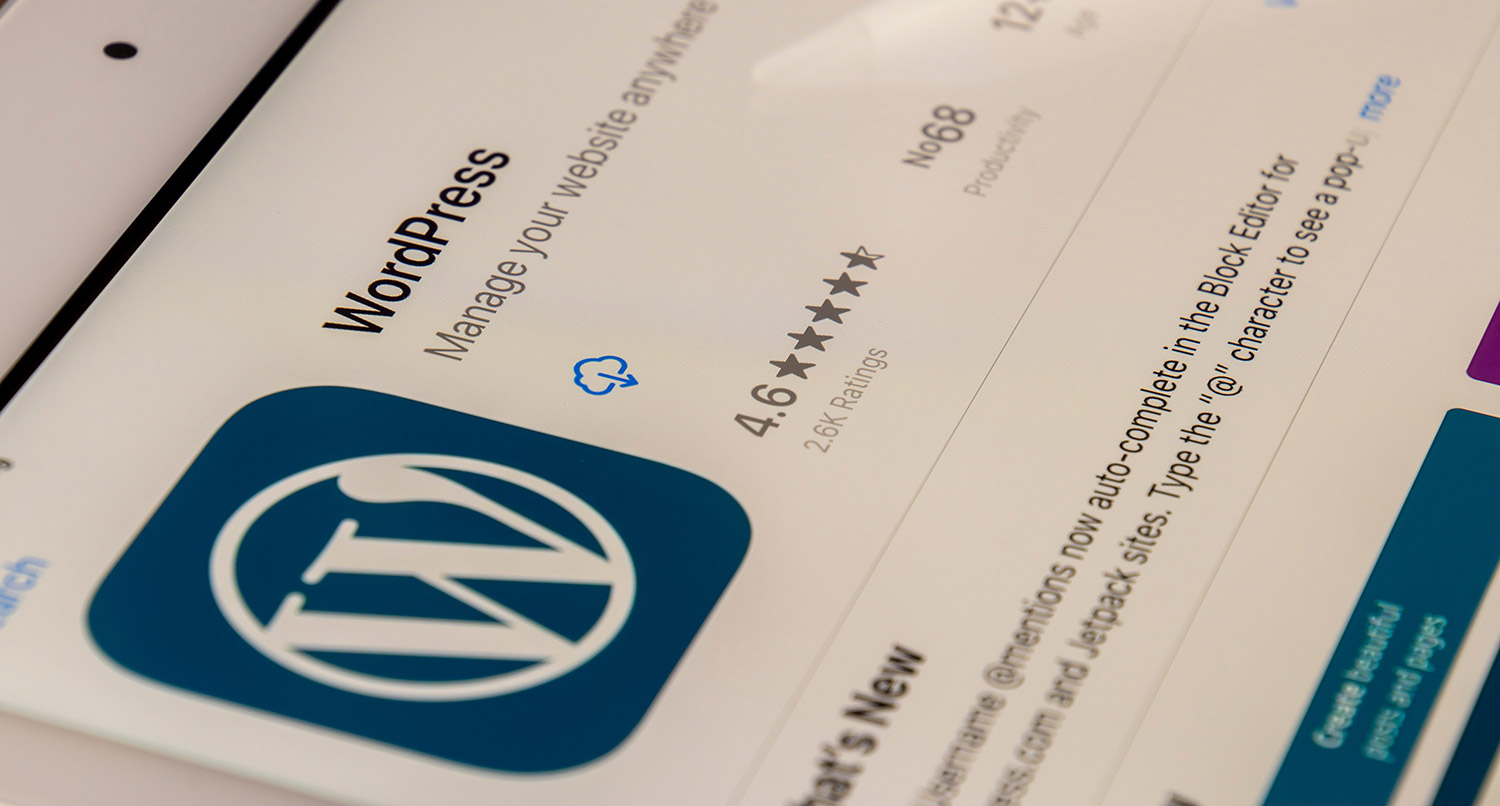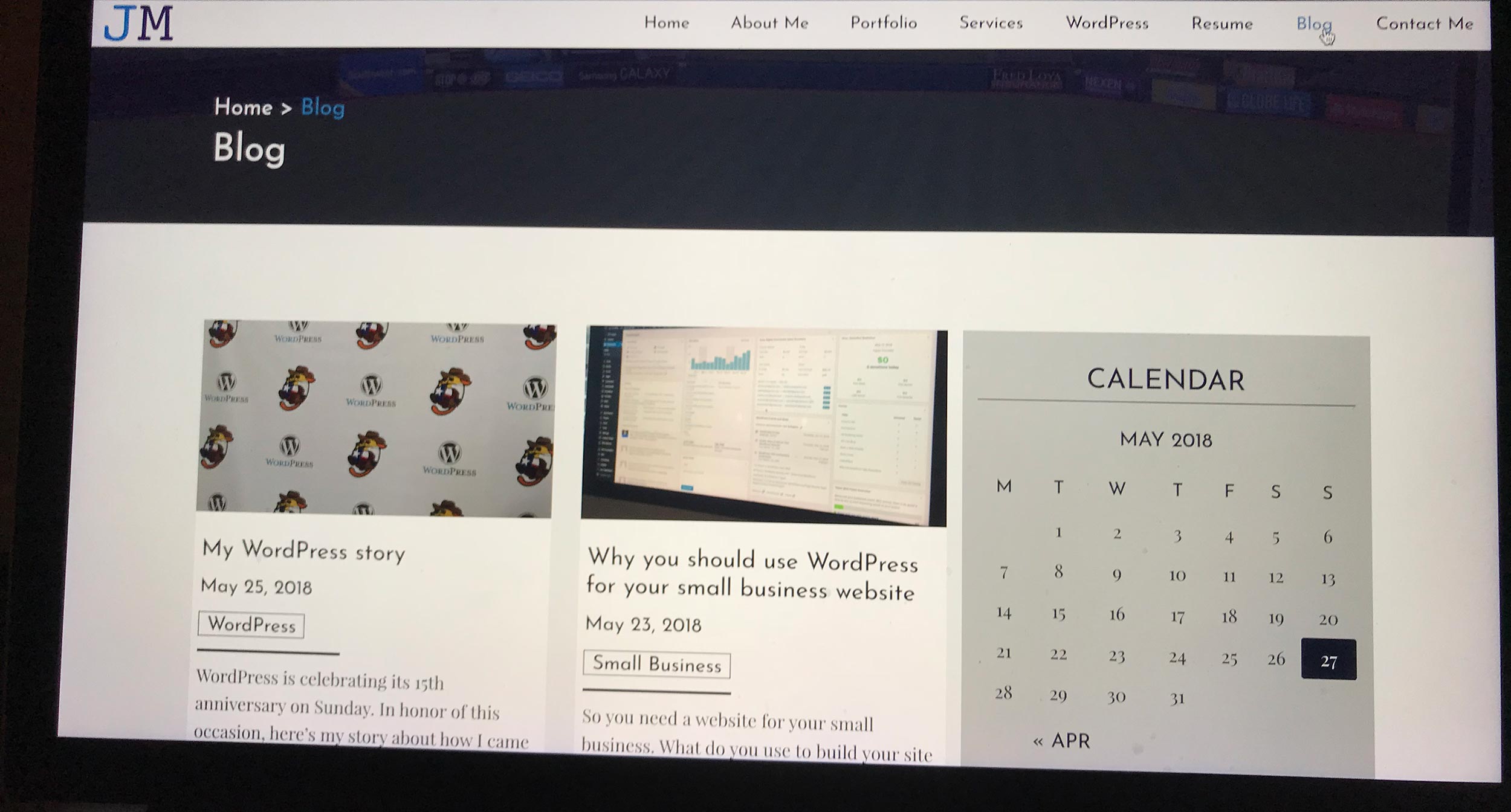Why did you add the last plugin you installed? How do you set up your website from scratch? Are there any features that could bring your website down?
Do you know the answers to those or have the answers ready at hand? If the answer is yes, then congrats, you’ve been properly documenting your website.
But if the answer is no, then it’s time to take stock of your website . By documenting your website — from any plugins or components to how the website is set up — your going to make life so much easier for yourself and any developer you bring in and you’re going to be saving time. And in business, time is money.
It makes life easier for you
First and foremost, documenting your website is going to make life so much easier for you.
At some point, something is going to go wrong on your website. And it’s not going to happen at a convenient time. But if you have documentation about your website, it might help you find the problem and fix it.
For example, if your website goes down, you can go through it and see what might have changed recently with the site. Then you can go through and revert any of the recent changes to see if that fixes the problem. And you can share it with another developer or your web host as they try to solve the problem.
Additionally, if you’re website starts to slow down, you can go through this documentation to figure out what items or changes might be slowing down the page.
It makes life easier for the developer
Also, that documentation is going to make things easier for any other developer who might come in and change and update your website.
I can’t tell you how many times I’ve had to work on a website that another developer has built and been incredibly frustrated by what I see. I’ve spent so much time trying to figure out why this on thing won’t work because they failed to document what they were doing.
If the website is documented, including comments in the code, what plugins are needed and any set up information, that will make it much simpler for the developer to do their job. They can read through it and figure out exactly what they need to do to complete the job. And there won’t be any surprises or wasted time.
That’s the developer’s dream.
Let’s Keep Your Story Online
Creating a new website can be a challenge. But keep it up and running efficiently can be a challenge. You have to make sure things are updated and running smoothly because if your site is down, no one can find or read your story. But I can help make sure that’s never a problem for your business.
Let’s Come Up With A Plan to Maintain Your SiteHow you can document your website
So, just how do you document your website for later reference? Well, there’s no one, unified way to do it. You really just need to use whatever is going to work for you. Just want to write down notes on paper? That’s fine. Want to keep a working document on Google Drive, that’s great too.
The only thing that matters is that you can understand it and you can teach it to someone else. But here are some ways that I recommend.
Takes lots of notes
Option number one is to just take a lot of notes. This can be contained in a physical notebook, you can have it as a word document on your computer or it could be on a shared drive, such as Google Drive or other cloud host.
Here, write down everything that’s done on the website that’s not related to content. Note every time you added a plugin and why and when you last updated it. Write down any changes you make to the theme, particularly in the code. And you could write down any branding changes, like changing out the logo or changing the menu.
How far you want to go is up to you. The goal is to have a reference you can look back in case anything goes wrong.
Use a plugin auditor
If you’re using WordPress, you can use the Plugin Auditor plugin to keep track of all of the plugins you’ve added to your website and why. This plugin will prompt you to enter in a reason for adding plugin when you install it and when you’re on the “Plugins” page in the dashboard.
This is a great way to make sure you’re adding plugins for the right reason. And if you’re adding the plugin after you’ve been using the site for a while, it can be a great time to go through all of the plugins on your site and figure out what your really need and don’t need.
Check the code for comments
Finally, if you’re a developer, you should already be adding inline comments in your code to explain what you’re doing (both for yourself and for others). And even if you’re not a developer, you should check the code for comments and ask your developer to add them in.
If you don’t do code, you’re probably not going to understand everything going on in the code. But you should be able just by the inline comments the developer added into the code to explain what’s going on. If that’s not there, it’s going to take a while for another developer to figure out what’s going on as well, especially if it goes against the standard. And that’s a waste of time.
In the end, it doesn’t matter how you decide to document your website, just that you do it. It will save you a bunch of headaches potentially and if you bring in another developer, they will be very thankful.
Documentation will save you time and time is money.







